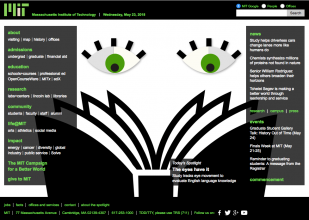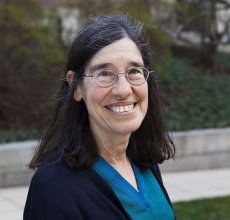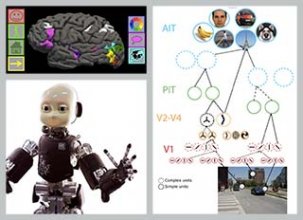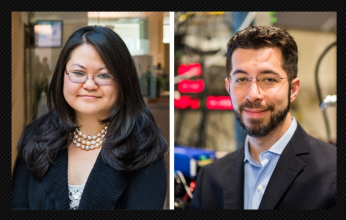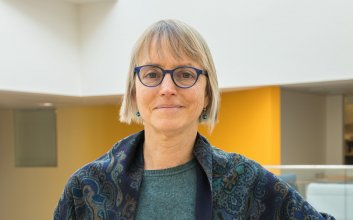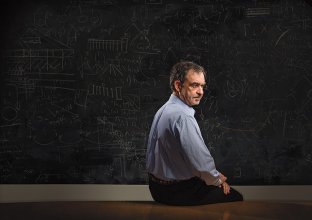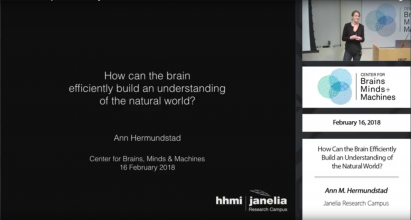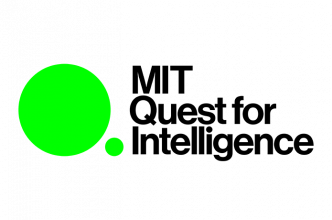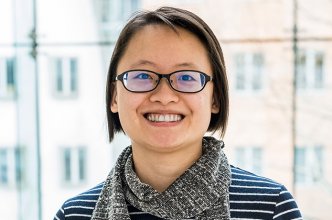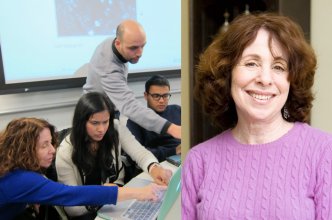Home Page Spotlights
"Patrick Winston’s computer is learning about revenge, ambition, and murder. It knows that victory can make you happy. But it also knows you can’t be happy if you’re dead."
A striking feature of modern supervised machine learning is its pervasive over-parametrization. Deep networks contain millions of parameters, often exceeding the number of data points by orders of magnitude. These networks are trained to nearly ...
Study tracks eye movement to determine how well people understand English as a foreign language. | MIT News Office
The Cognitive Neuroscience Society presents the George A. Miller Award! to "recognize an individual whose distinguished research is at the cutting-edge of their discipline with realized or future potential, to revolutionize cognitive neuroscience."
Prof. Kanwisher has received the The Heineken Prize "for her highly original, meticulous and cogent research on the functional organization of the human brain” and will be presented at an award ceremony on Sept. 27, 2018, in Amsterdam.
AI advances by industry giants like Google and Tesla, are based on engineering and computation, and little work in humans. Algorithms behind this tech come out of neuroscience research, so one of the next breakthroughs will likely come from here as well.
This course explores the problem of intelligence-its nature, how it is produced by the brain and how it could be replicated in machines—using an approach that integrates cognitive science, neuroscience, computer science, and artificial intelligence.
“Ed’s body of work has already transformed neuroscience and biomedicine, and this chair will help his team to further develop revolutionary tools that will have a profound impact on research worldwide.” - Robert Desimone, Director McGovern Institute
The VSS Davida Teller Award was established in 2013 and is given to "an outstanding woman vision scientist with a strong history of mentoring."
On a quest to demystify deep learning, Tomaso Poggio glimpses tantalizing implications for human intelligence.
Award is in recognition of Prof. McDermott's "groundbreaking research into how humans hear and interpret sound." Award will be presented at the NAS's 155th Annual Meeting on April 29, 2018.
Dr. Hermundstad discussed how the central visual system, operating with different goals and under different constraints, makes efficient use of resources to extract meaningful features from complex visual stimuli.
At a time of rapid advances in intelligence research across many disciplines, this initiative will encourage researchers to investigate the societal implications of their work as they pursue hard problems lying beyond the current horizon of what is known.
CBMM is happy to announce that Yen-Ling Kuo has been named the CBMM Siemens Graduate Fellow. Yen-Ling is a PhD student in Computer Science and Artificial Intelligence Laboratory (CSAIL).
This course combines cognitive neuroscience, cognitive psychology, and artificial intelligence, and enables students to learn about thinking and science in ways that impact and inform their future studies and their daily lives.



